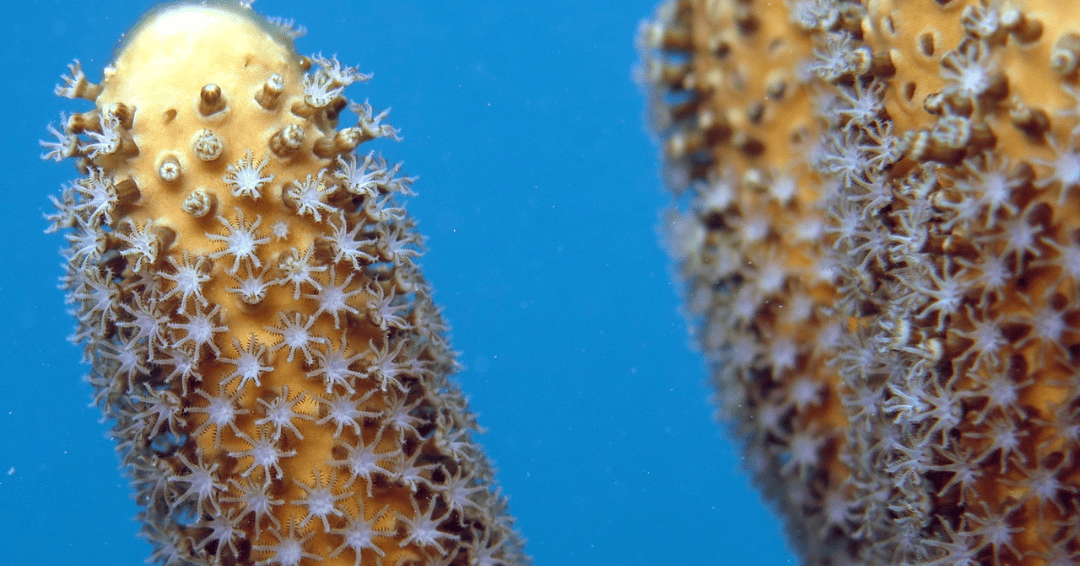Project title: REPAIR Coral: Integrated Probiotic Ecological Restoration Network for Marginal Coral Reefs
Lead applicant: Dr. Pedro Henrique Cipresso Pereira
Co-applicants: Dr. Flávia Lima do Carmo, Dr. Henrique Fragoso dos Santos, Dr. Gustavo Duarte, Dr. Phillipe Rosado Magalhães, Luisa Guilherme França Côrtes da Silva
Countries involved: Brazil, Saudi Arabia
Takes place: Northeast Brazil
Supporting institutions: Projeto Conservação Recifal (PCR), Federal University of Rio de Janeiro (UFRJ), Fluminense Federal University, King Abdullah University of Science and Technology (KAUST)
Total budget: USD 99,320
Duration: 24 months
Project overview
Brazilian reefs in the South-West Atlantic Ocean are unique biodiversity hotspots, hosting a high level of endemic species. Unlike classical reefs that can be found in the Caribbean or in the Indo-Pacific region, Brazilian marginal reefs thrive under challenging conditions such as high sedimentation, turbidity, and variable temperatures. However, despite this resilience, recent bleaching and mortality events have caused up to 100% mortality for some species like Mussismilia harttii and Millepora braziliensis at some sites, putting them at imminent risk of extinction if no urgent restoration strategies are implemented.
One of the most promising tools to enhance coral resilience is the use of probiotics—beneficial microorganisms that improve health and stress tolerance. While probiotics have been applied in medicine, agriculture, and aquaculture, their use for endangered wildlife, including corals, is still novel. They have never been tested on Brazilian marginal reefs or integrated into coral management strategies and marine protected areas (MPAs).
This project aims to fill that gap by evaluating the application of probiotics under different conditions to support coral survival and resilience. The team will conduct ex situ trials in land-based nurseries to improve the health and growth of coral colonies before outplanting. In parallel, in situ trials will apply probiotics directly on selected coral species within and outside MPAs, testing their ability to increase resistance to both local and global stressors. The results will inform new management protocols for probiotic use in coral conservation and support more resilient reef restoration in the region.
Specific objective
- Test if probiotics applied in coral land-based nurseries (ex situ) enhance the corals’ health and growth before they are transplanted.
- Evaluate if coral probiotics promote the resistance and resilience of corals in the face of global and local stressors inside and outside MPAs (in situ).
How the objectives will be met
- Probiotic Consortia Preparation: reactivate a pre-established probiotic consortium and ensure its readiness for application.
- Ex situ Experiments: apply the probiotic consortia to coral colonies in a land-based nursery and monitor their physiological response (e.g., weight growth, calcification, respiration, primary productivity) under four different treatment conditions*:
- Probiotics + optimal temperature conditions
- Probiotics + simulated heat wave
- No probiotics + optimal temperature conditions
- No probiotics + simulated heat wave
- In situ Experiments: tag 50 coral colonies of two different species inside and outside MPAs, apply the coral probiotics, and measure their physiological response over time (e.g., photosynthetic yield, growth, bleaching rate, calcification).
* The coral microbiome will be monitored using molecular techniques to assess the presence and persistence of the probiotics and/or microbiome restructuring.
Impact of the project
- Validation of the use of probiotic in marginal reefs.
- Supports coral restoration of four endemic and endangered coral species (Mussismilia hartti, Mussismilia hispida, Millepora alcicornis, and Millepora braziliensis).
- 50+ coral colonies from two endemic species (Mussismilia hartti and Millepora braziliensis) treated with the probiotic inside and outside the MPA.
- Opens possibilities for large-scale restoration efforts, emphasizing the global applicability of our probiotic solutions.
Major highlights
- Highly scalable and cost-effective solution to be implemented in coral restoration approaches.
- Involvement of local stakeholders, including a network of local fisherwomen and a collaborative network of local youth.
- Matched funding (cash and in-kind contributions) will be provided by the lead application institution and the other partner organizations.
- Includes a network of local fisherwomen and a collaborative network of local youth as leading stakeholders to connect the local community with coral restoration initiatives.

